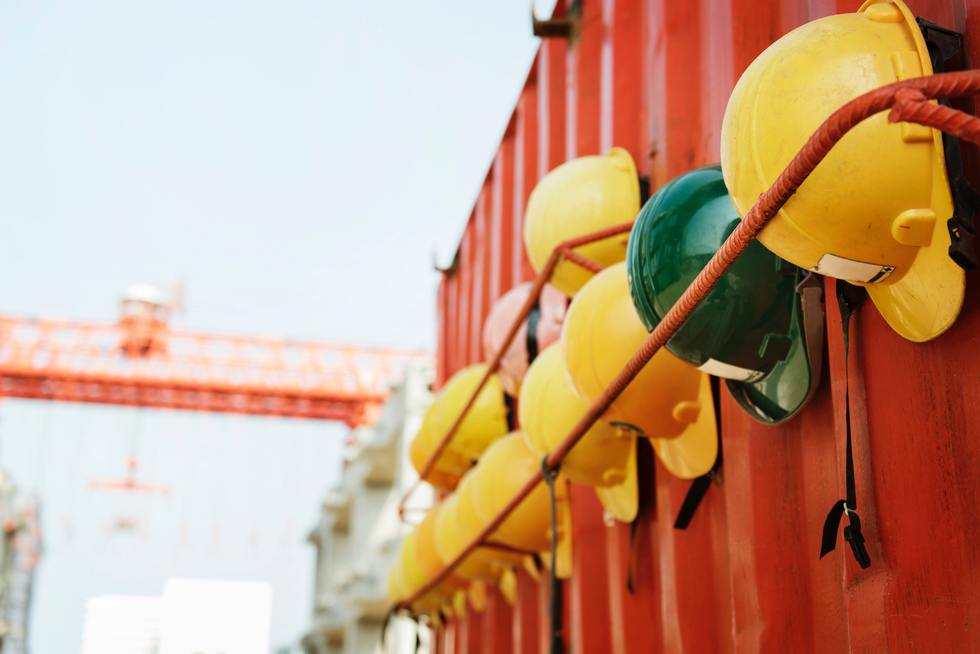


Posted June 10, 2019
PPE is an acronym that stands for Personal Protective Equipment. This refers to any protective gear, garment, or tool that protects its user from physical harm that can arise from being exposed to certain dangerous hazards in a workplace setting. These hazards can be anything from excessive amounts of fire, heat, light, or sound, toxic gases, radioactive substances, wild animals and machinery.
Without adequate PPE or the proper knowledge in equipping the proper safety workwear clothing, workers and laborers in industries that deal with dangerous materials or environments may find themselves more at risk of grievous physical injury in the performance of their job. These injuries can then cause lifelong impairment or even death. With just this alone, we can safely say that PPE is a very important element in many industries that necessitate its use.
With that said, this is not the only reason why personal protective equipment is important. There are other benefits to having adequate PPE in hazardous industries. The following is a list of reasons why PPE is crucial, specifically in the manufacturing industry.
It protects the company from legal issues.
Accidents can happen in any workplace, no matter how much has been invested in protective measures or staff training. Adequate PPE, due to its static and reliable nature when worn properly, can help serve as a constant safeguard against the consequences of such accidents. What’s more, certain workplace laws and regulations have been put in place to ensure companies do their part in providing adequate personal protective equipment to their employees. Failure to do so will obviously result in violating the laws and regulations in place, which then opens the company up to legal action.
It prevents employees from being exposed to substances that may cause long-term conditions.
Besides protecting employees from immediate harm and injury that could result from exposure to hazardous materials, adequate PPE also helps prevent the contraction of long-term diseases and health conditions that may stem from the same exposure. For example, unprotected personnel that are subjected to excessive sound may not cause discernible injury during the first instance, but it could cause irreparable harm to one’s hearing if it continues in the long term. Other chemicals and substances such as asbestos and smoke can also cause life-threatening conditions over time. By donning personal protective gear designed to limit or minimize exposure to these elements, the conditions they cause can be avoided entirely.
It prevents costly delays in vital work processes.
In light of how adequate and properly-implemented PPE can prevent grievous and injurious accidents from happening in the workplace, this means that it keeps the work processes that have such risks going without interruption. This ultimately results in a more efficient and productive work environment, which in turn allows the manufacturing process to prosper thanks to an increased output of product.
It makes work easier and an overall more pleasant experience to employees.
Besides protecting them from certain harm due to the hazards they expose themselves to in the workplace, PPE can also make the work employees do easier, as well as make their shift a more hassle-free experience. For example, steel-toed boots can prevent an employee from having to suffer an embarrassing injury due to a fit of clumsiness—such as dropping a tool on their foot or accidentally kicking a piece of heavy machinery. By sparing them the pain and embarrassment, they can come to work the next day with their morale and confidence intact.
Another example of PPE that does the exact thing is the weight belt, which provides stability to the waist and lower back for lifting heavy loads. Besides preventing back injuries that can land an employee in the hospital for a while, it also helps prevent the physical strain and stress of being held back due to back issues. Finally, employees just feel safer and more satisfied knowing that their company is doing all it can to ensure their safety with adequate PPE.
Conclusion: PPE’s importance to the manufacturing industry cannot be overstressed.
Any manufacturing company worth its salt absolutely needs to invest in adequate PPE for its employees and staff. By doing so, they not only protect their most important resource — their labor force — from harm, but also themselves as well, in terms of legalities and safety law compliance. What’s more, the other benefits that PPE provides, such as ensuring the continuation of business operations, the prevention of health conditions, and improving employee morale, more than makes up for the original expense of PPE acquisition.